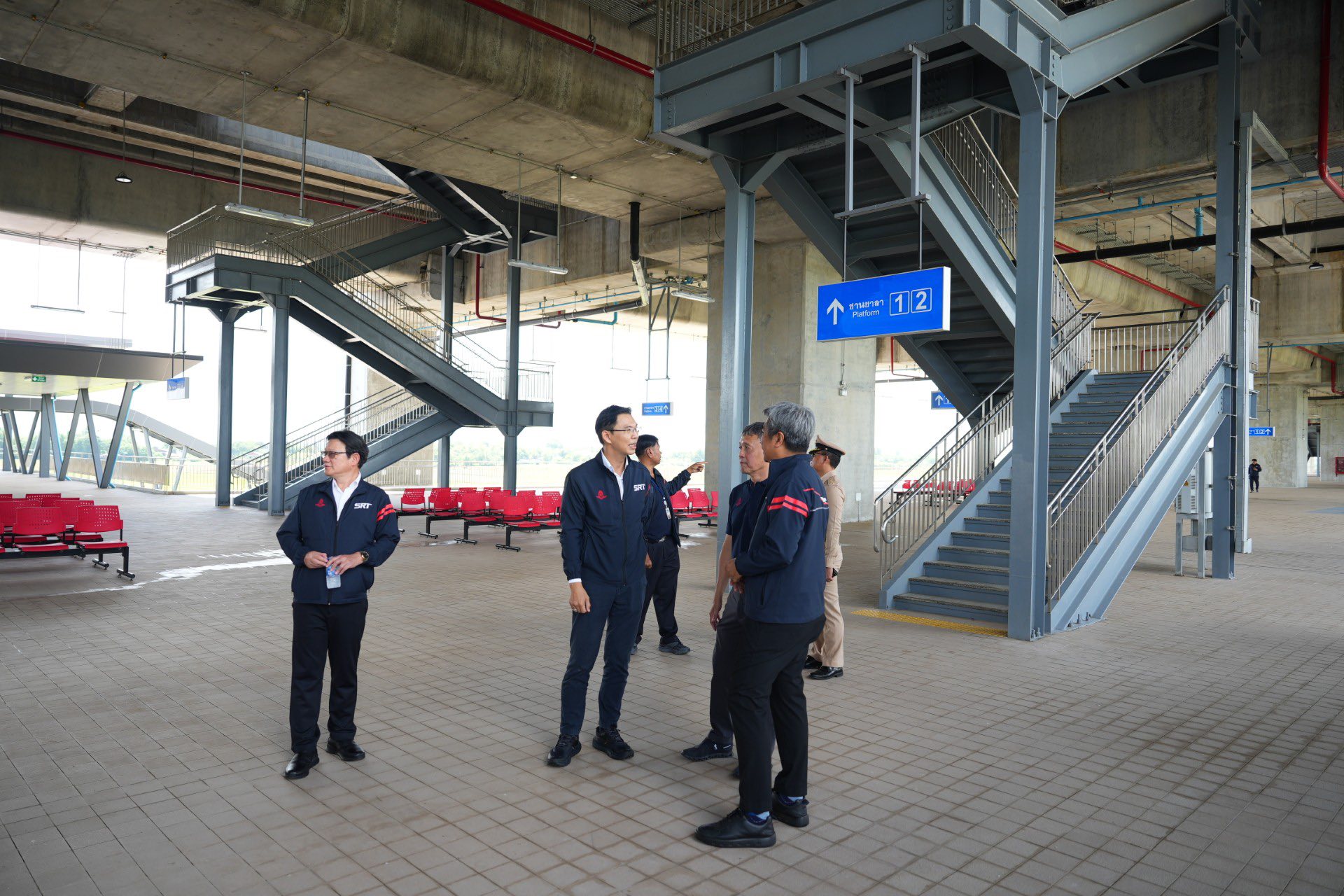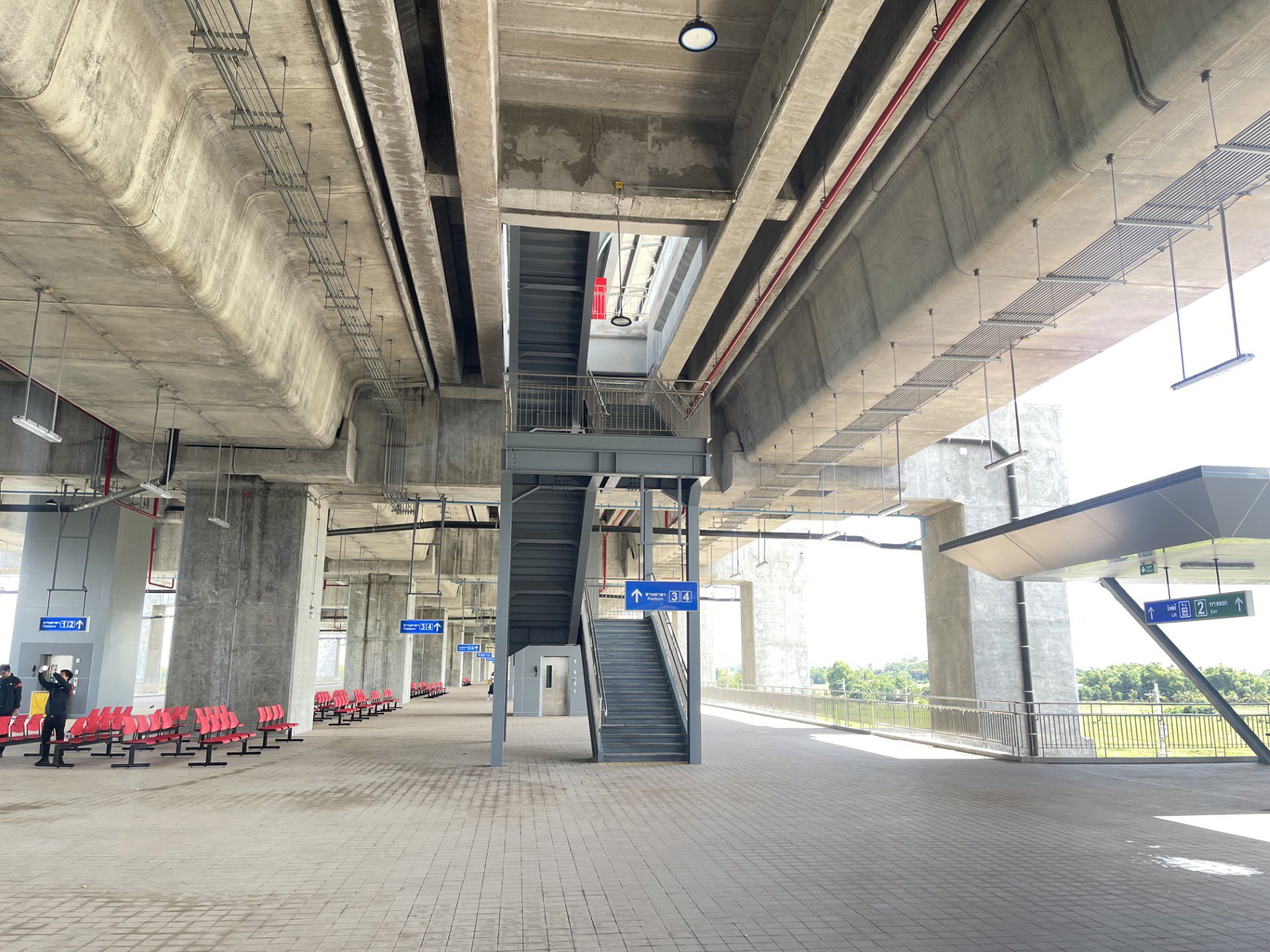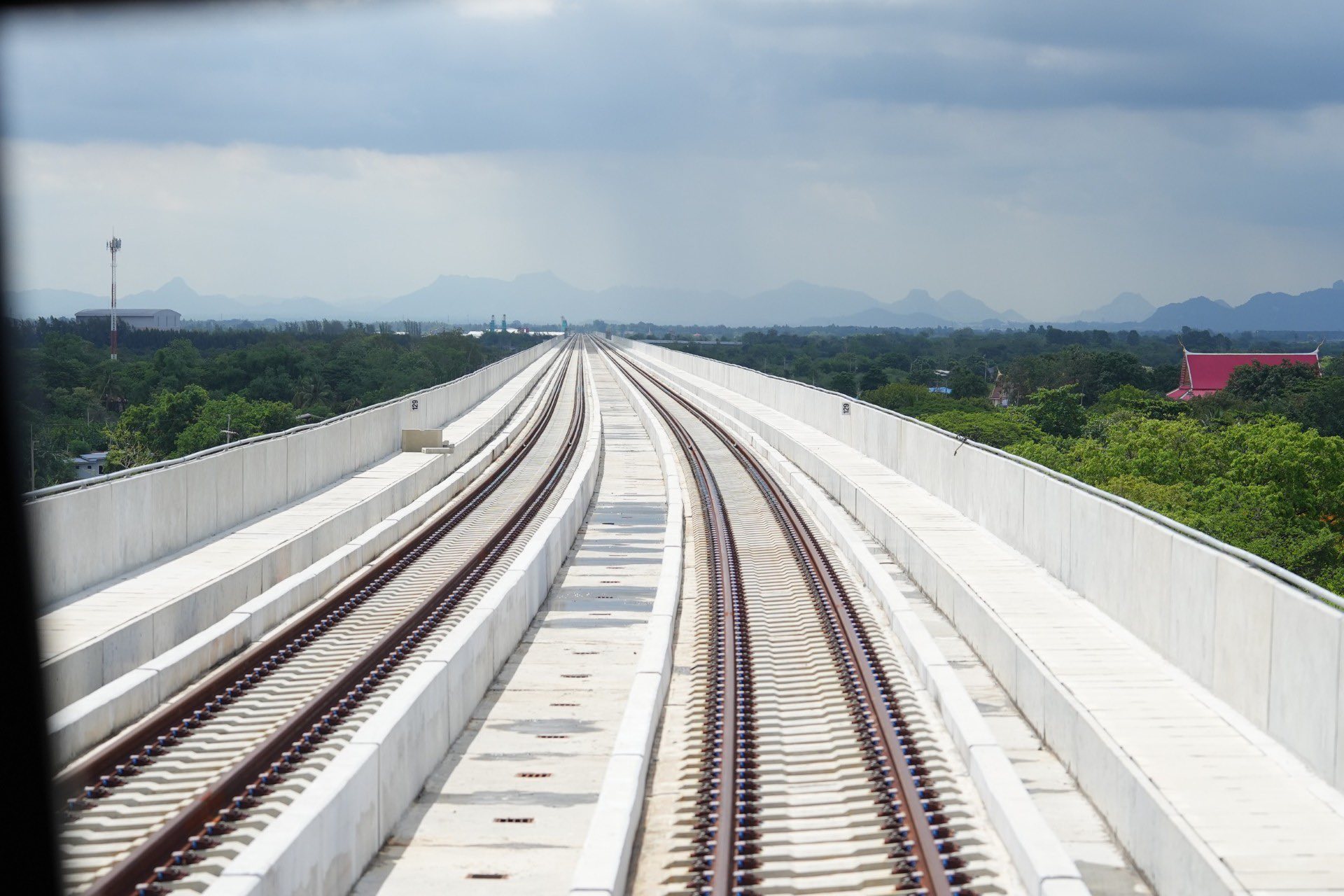Thailand’s double-track railway between Lopburi and Pak Nam Pho opened for service on 26 May 2025, but an ongoing shortage of trains and delayed procurement is expected to affect operations for the next two to three years.

The State Railway of Thailand (SRT) officially began operations of the northern double-track line from Lopburi to Pak Nam Pho on Sunday. The route combines a modern electronic E-Token system with traditional rail signaling. Initial operations include northbound train No. 201 (Bangkok–Phitsanulok) and southbound No. 112 (Den Chai–Krung Thep Aphiwat), using the existing track but now on separate lines, eliminating the need for train passing maneuvers.
However, the new Lopburi 2 station, constructed as part of the project, will not be in use until 5 December 2025. Until then, all trains will bypass the facility, which lies 9 kilometers from the current Lopburi station. From 30 May, five northern routes will undergo timetable adjustments, including express and local trains connecting Bangkok, Chiang Mai, Nakhon Sawan, Ban Takhli, and Taphan Hin.

Once Lopburi 2 is operational, long-distance and freight services—22 trains in total—will shift to the new station. Local and commuter trains, around 20 in number, will continue to use the existing station. Approximately 300 to 400 of the current 600–700 daily passengers at Lopburi station are expected to be affected by the transfer. Shuttle services will be provided between the two locations.
SRT Governor Nirut Amrapan stated that the full double-track system would reduce travel times: express services are expected to be 15–25 minutes faster, and local trains could see up to an hour saved due to reduced waiting for passing trains. Signal systems along the route are expected to be completed by the end of the year.

Future phases of the northern double-track expansion, including Pak Nam Pho–Den Chai and Den Chai–Chiang Mai, are still awaiting project approval. Additional documentation is expected to be submitted to the National Economic and Social Development Council (NESDC) by early June.
When all phases are complete, the full double-track system could cut travel time from Bangkok to Chiang Mai by up to 2 hours and 20 minutes, reducing the journey to about 12 hours at a speed of 90 km/h—or even as low as 7 hours if higher speeds are reached.
Despite the expanded rail infrastructure, the SRT faces a train shortage. The procurement of new rolling stock is still pending cabinet approval and, if approved, will require 2.5 to 3 years for delivery. In the interim, SRT is refurbishing aging trains and adapting carriages donated by Japan for temporary use.
A number of officials, including SRT staff and engineers, were present during the opening inspection.


